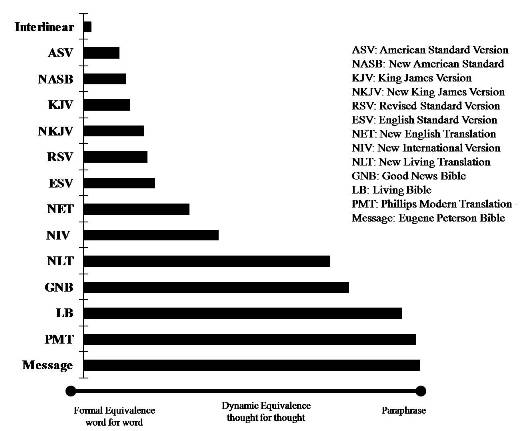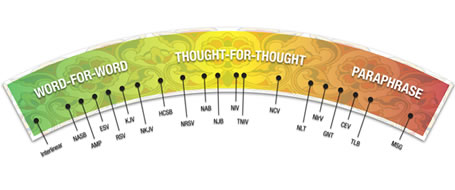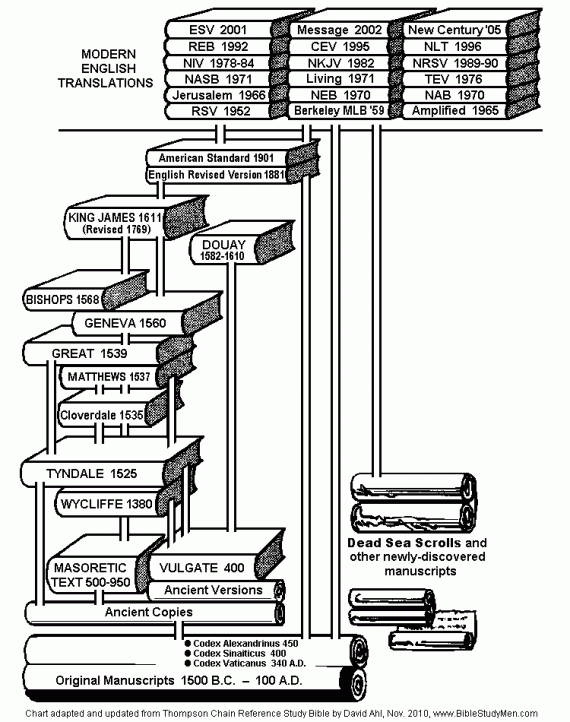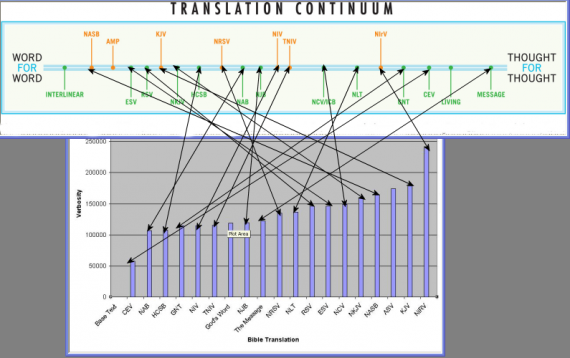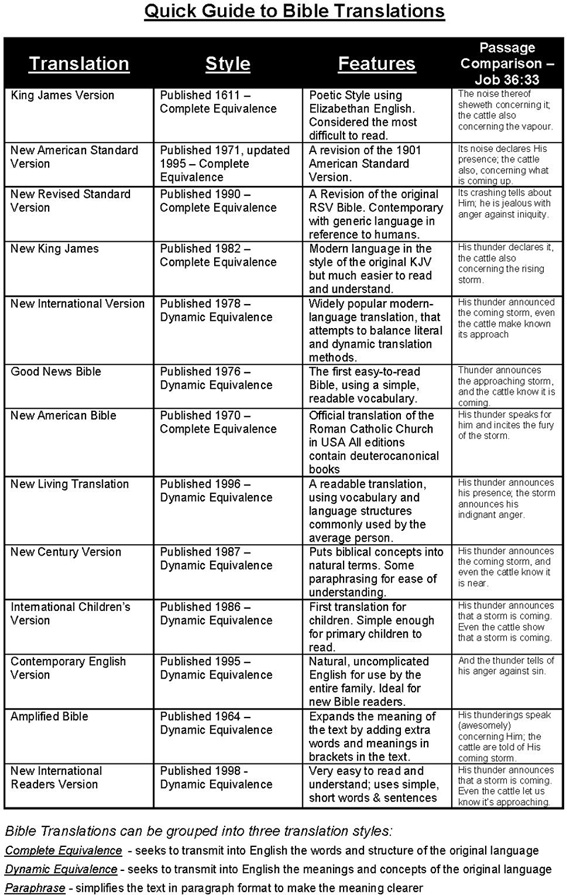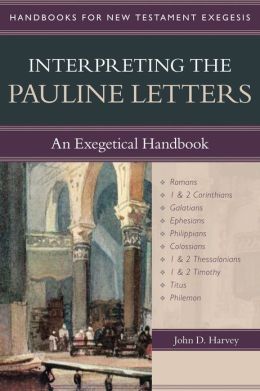 Whenever I teach classes on theology or Bible study methods, I always remind my students that there are 5 rules to understanding Scripture:
Whenever I teach classes on theology or Bible study methods, I always remind my students that there are 5 rules to understanding Scripture:
- Context.
- Context
- Context
- Context
- Context
This list could easily be expanded to 10 rules or more.
When studying the Bible, it is impossible to spend too much time learning the context, not just the context of the verses within the paragraph and book of the Bible, but also the historical and cultural contexts of the passage within history, the grammatical context of the meaning of the words and the way words are used, and even the theological and traditional contexts of how the passage has been read, understood, and interpreted throughout the centuries.
So I am always looking for books and resources which will help me understand the context of Scripture. Kregel Academic recently sent me a book by John D. Harvey entitled, Interpreting the Pauline Letters. It is an introduction to some of the contextual issues and interpretive principles that are necessary for reading, understanding, and teaching the letters of Paul in the New Testament.
Overall I found the book helpful, though it primarily touched on academic interests of the Pauline letters, and not the contextual studies which might help people today understand the significance of Paul’s letters for our own lives.
For example, the chapter on “The Historical Background of Paul’s Letters” would have been a great chapter to provide details about the historical events, cultural issues, and sociological concerns of Paul’s day which led to him writing what he did in his letters. These issues would have helped the average Christian connect with Paul and his message on a personal level. But the chapter included very little of these details, and instead focused on issues of whether or not the books were really written by Paul, and if so, which order he wrote them in. You see? Those are questions that academics concern themselves with, but which have little interest or bearing in the lives of the average person.



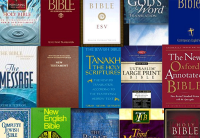
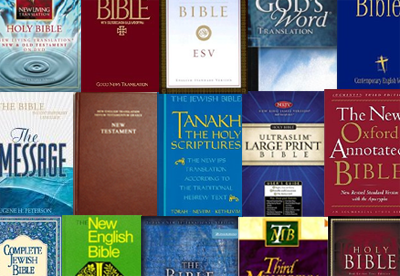 People often ask, “What is the best Bible translation?”
People often ask, “What is the best Bible translation?”